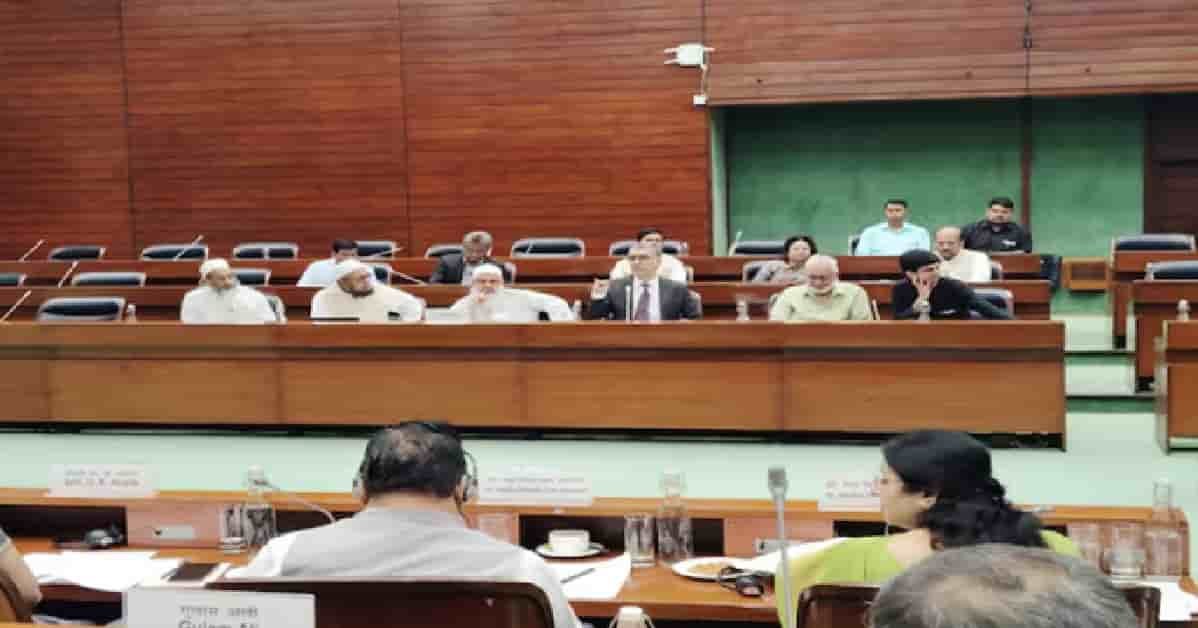Reforming Waqf Management: Key Amendments and Implications
Introduction
The Waqf Amendment Bill has been cleared by the Joint Parliamentary Committee, marking a significant milestone in legislative efforts to reform and modernize the management of Waqf properties in the country. This bill, which aims to amend the existing Waqf Act of 1995, represents an important step toward improving the governance structures surrounding Waqf institutions.
Objectives of the Waqf Amendment Bill
The primary goals of the Waqf Amendment Bill include the following:
- Enhancing Transparency and Accountability:
The bill introduces mechanisms to clarify the management processes of Waqf assets, ensuring better transparency and reducing instances of malpractice.
- Ensuring Effective Utilization of Waqf Properties:
By proposing key regulatory changes, the bill seeks to optimize the use of Waqf properties for the benefit of the community.
- Preventing Misuse and Encroachment:
One of the major proposals is to curb the long-standing issue of illegal occupation and inappropriate use of Waqf lands.
Empowering Waqf Boards
The bill also aims to grant Waqf boards greater autonomy and authority in decision-making. This empowerment is intended to:
- Generate Income from Waqf Assets:
Enable boards to employ proactive measures to create revenue streams.
- Allocate Funds Responsibly:
Ensure that generated funds are directed towards community welfare, education, and religious activities.
- Enhance Management Strategies:
Promote structured planning and effective utilization to foster socio-economic development within the community.
Broader Implications for Community Development
The committee’s approval highlights a growing recognition of the potential role Waqf institutions can play in addressing broader socio-economic challenges. Reforms to the legal framework aim to:
- Encourage Waqf entities to take on greater responsibility in providing social services.
- Support marginalized sections of society through structured initiatives and funding.
Legislative Path Ahead
Following the Joint Parliamentary Committee’s approval, the bill will now move to Parliament for further debate and consideration. Lawmakers will assess its far-reaching implications and deliberate on its implementation. If passed, it could fundamentally transform the administration of Waqf properties, delivering benefits to the communities relying on them for socio-economic support.
Conclusion
The Waqf Amendment Bill reflects a strong commitment to reforming the management of Waqf properties while addressing the socio-economic challenges faced by dependent communities. By modernizing governance structures and emphasizing accountability, the bill aims to unlock the potential of Waqf assets in driving community development.
—
Frequently Asked Questions (FAQs)
What is the Waqf Amendment Bill?
The Waqf Amendment Bill is legislation proposed to amend the Waqf Act of 1995. It aims to improve the management, transparency, and utilization of Waqf properties, addressing issues such as encroachment and misuse.
Why is the Waqf Amendment Bill important?
The bill is significant as it seeks to modernize the governance of Waqf properties, ensuring the assets are used effectively for community welfare, education, and religious activities. It also prevents misuse and illegal occupation of Waqf lands.
What are the key objectives of the bill?
The main goals are to enhance transparency, empower Waqf boards, prevent encroachment, and optimize the use of Waqf properties for socio-economic development.
How does the bill benefit communities?
By ensuring better management and utilization of Waqf resources, the bill aims to provide better funding for social services, education, and welfare programs targeted at marginalized communities.
What happens next for the Waqf Amendment Bill?
The bill will now be presented in Parliament, where lawmakers will deliberate on its provisions. If passed, it will be implemented to reform Waqf property administration across the country.


